By: Shahzad Bashir Posted on Wed, 20-04-2016

PACER, known as Public Access to Court Electronic Records, serves as an electronic public access service of federal court documents. It allows the end user to obtain the case and document information, from the district court situated in your area. This system is managed by the administrative office, along with the policies of the Judicial Conference, headed by the Chief Justice.
Same as in any other country, each court in Thailand maintains its own system, with a small subdivision of information from every case that has been transferred here. Records are then submitted to the individual courts, through the Federal Judiciary’s Electronic Case Files system. Since each court maintains its own database with their information about the cases, each administration will then have a different website address.
Electronic access to court files have made is convenient for the attorneys, to have an almost instant access to these records without even going to the court. Thai court documentation translation services can render you a very fine understanding of this electronic system, particularly if you’re new here.
Nonetheless, if you want electronic access to your court records, follow the steps that are given below.
In order to access the court records you are looking for, you actually need to understand how the judicial system is set up. At some places in the judicial process, there can be a possibility of overlap, between both the state and federal courts. You can also do some research on the different websites to find out more about the federal and state courts.
When decided, whether you want to search for federal or state court records, start analyzing the documents you have in your possession. You may have different documents with different information, but you need those documents that are relating to your case.
For example, if it is a criminal case, it will usually have the information, about the charges brought against the person including the court name and the location where he has to report. On the other hand, if it is a complaint, the document will have a cover sheet, including the title of the court where the complaint was filed.
Now think about what you’re looking for and decide on the type of law it involves. This can be very helpful because depending on the subject, the case can be either be under the federal court or the state court. Contract law and family law are normally conducted by state courts, while laws relating to bankruptcy, marine and constitution are conducted by federal courts. To study the different strategies used by these courts, online translation services company can help you.
The next step is to visit the PACER website, which is a federal government website. This provides access to court records electronically from the federal district courts, bankruptcy courts and courts of appeals. In order to obtain court records including verbal arguments and published opinions, visit the Supreme Court website. No registration fee is applicable to get this information.
Once you open the PACER website, register yourself and create an account that fits your needs. Then, follow the directions in order to customize the account settings. Although there is no registration fee, you need to pay a fee for every file viewed, downloaded or printed. As PACER offers electronic access to the certified court documents, online certified translation services company can help you get more leads.
After you have registered, you will then receive your login information giving you direct access to the PACER website. Once logged in, select the case that you are looking for. Another way to search is by using the case number, case title or the date it was filed. In case you need help understanding the search criteria, you can always make use of the PACER user manual.
When the relevant court records have been found, there is a fixed fee that has to be paid. PACER charges you $0.10 per page, so be very careful while searching for the court records because the charges can build up very quickly.
Totally depending on what state your court records are from, the steps you need to follow in order to get access to those records tend to vary severely. Start your search by visiting your state’s court website. When you have reached there, you can also check out the links that are related to court records. Make sure the websites you are searching, are in the desired language if not, interpret them by using online translation services agency.
If for instance you cannot find out a way to obtain your state’s court records in an electronic way, you can approach the website for National Center for State’s Court. Here, you can scroll through a number of state links to find out how you can access electronic court records. By scrolling down on the webpage and finding your state, you are able to read through the information provided, and start your search for the court records you require.
An increased use of the internet in order to make all court records available, no matter if they are related to federal or state court proceedings, demand extra attention to certain policies including privacy, cost and equality. These issues need to be supported by court officials, lawmakers and the public.
The National Center for State Courts website, which is a basic and very useful tool, is relatively updated. Electronic state records are not maintained in all the states, and some need to be accessed in person by paying a visit to the court. You can avail the option to contact your attorney for any questions you might have, in a case you were involved in.
The policies for state and federal laws regarding electronic access to court records differ widely in all the states. Research proves that 17 percent of all the states use dial-up access programs to obtain court records, while 31 percent are limited to inexpensive web access to court records. It would be very convenient for you to use Thai Court Documentation translation services, to understand the instruction pattern for this electronic system.
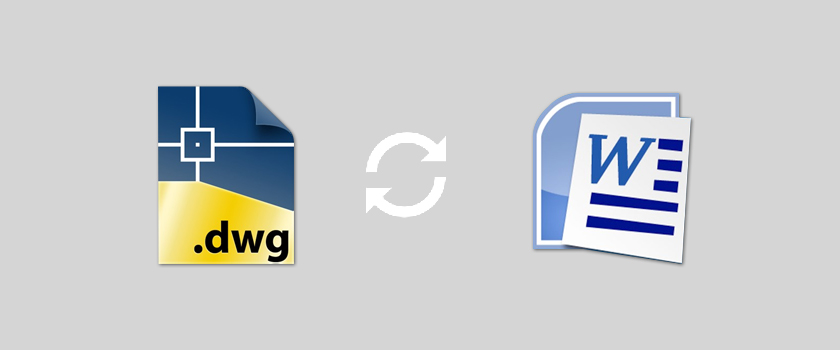
dwg: It means a drawing file save format created by AutoCAD, and now has been the standard format of 2D
Read More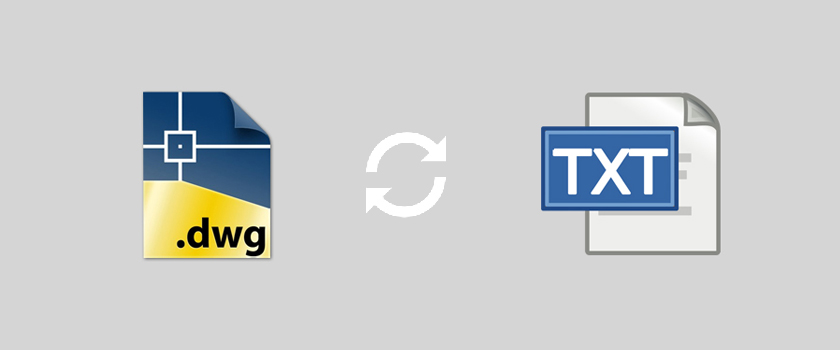
dwg: It means a drawing file save format created by AutoCAD, and now has been the standard format of 2D
Read More
Mars Translation can help you extract the texts in a DWG file and convert them into a Word file so
Read More
dwg: It means a drawing file save format created by AutoCAD, and now has been the standard format of 2D
Read More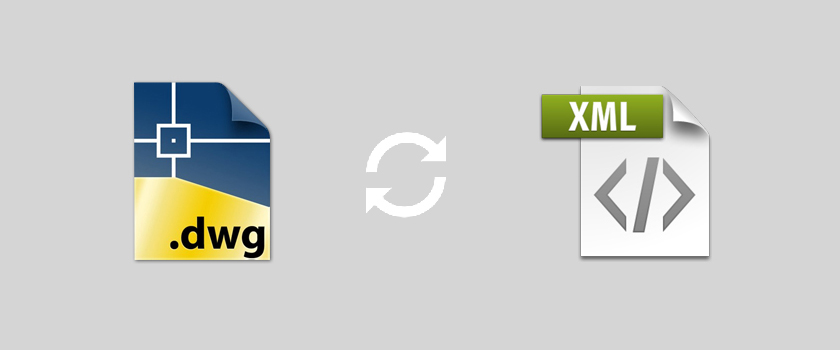
dwg: It means a drawing file save format created by AutoCAD, and now has been the standard format of 2D
Read More
MarsTranslation can help you extract the texts in a DWG file and convert them into a XML file so that
Read More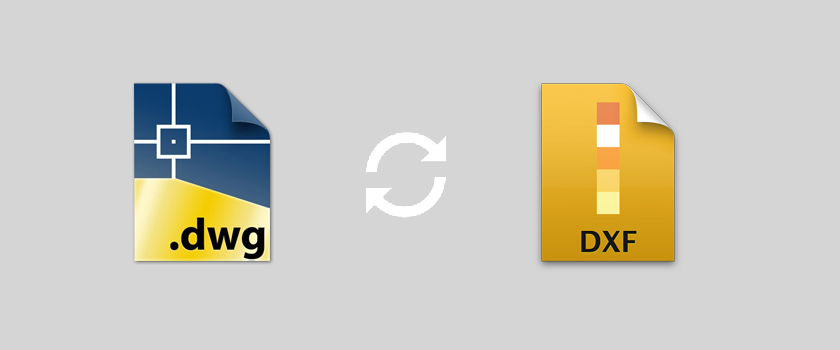
If you are a designer you are bound to find yourself in situations when you have to convert your DWG
Read More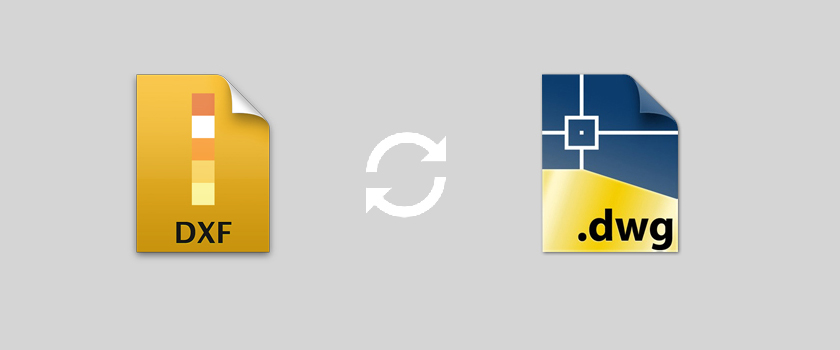
dwg: It means a drawing file save format created by AutoCAD, and now has been the standard format of 2D
Read More
MarsTranslation can help you extract the texts in a DWG file and convert them into a Word file so that
Read More


Document Translation
Professional document translation by native expertsApp Localization
Get more downloads by adapting your app for different target marketsVideo Translation
Multilingual translation and subtitling servicesWebsite Localization
Adapt your website into multiple contexts for global reachSoftware Localization
Adapt your software for global usersGame Localization
Reach new players with localized gameplayMTPE
Refine AI translations for natural fluencyBusiness Translation
Professional translation for business documents and websitesDTP & File Conversion
Professional DTP and File conversion, supporting multiple file formatsProofreading
Perfect your content with expert review© Copyright 2026 MarsTranslation